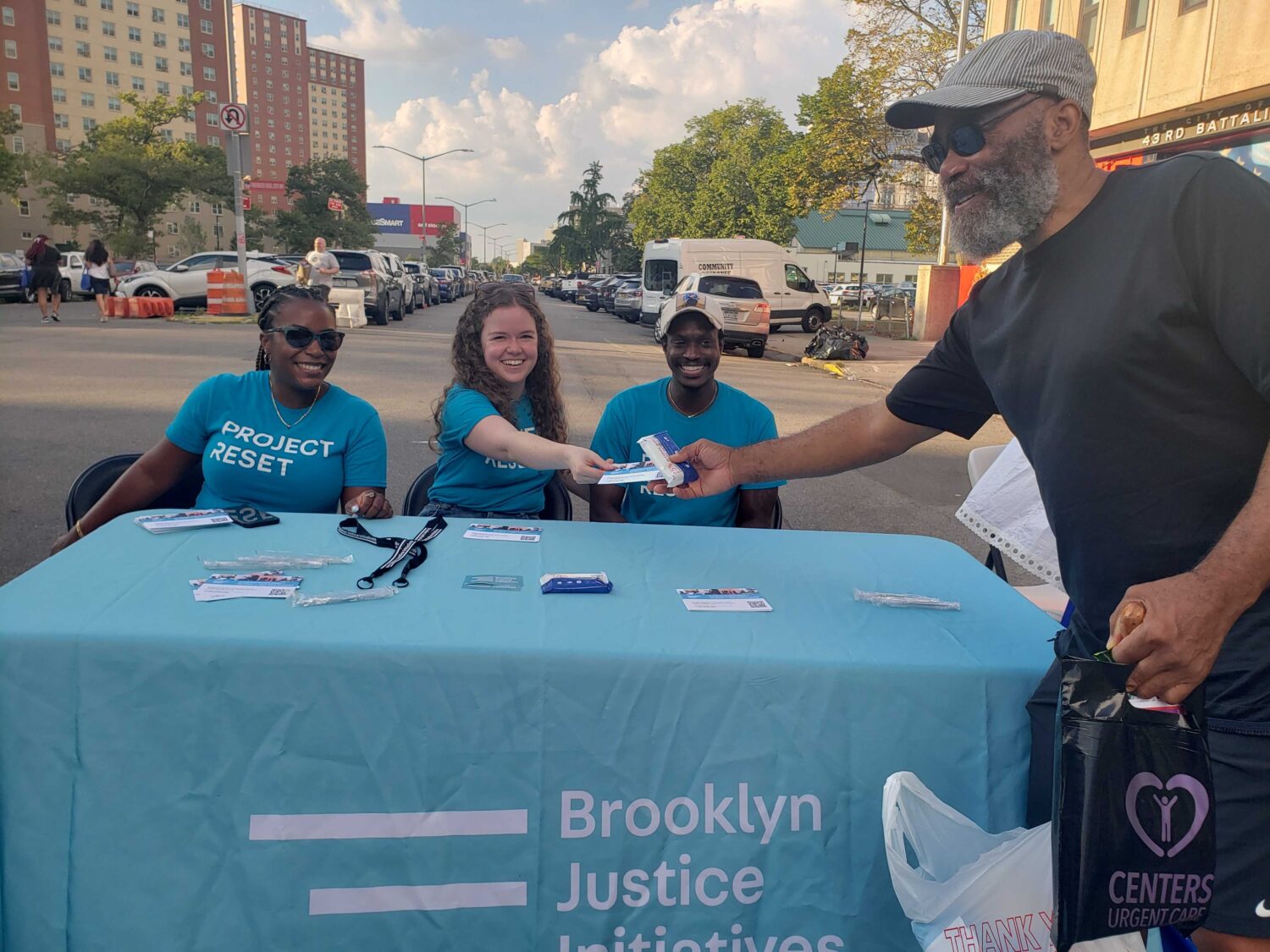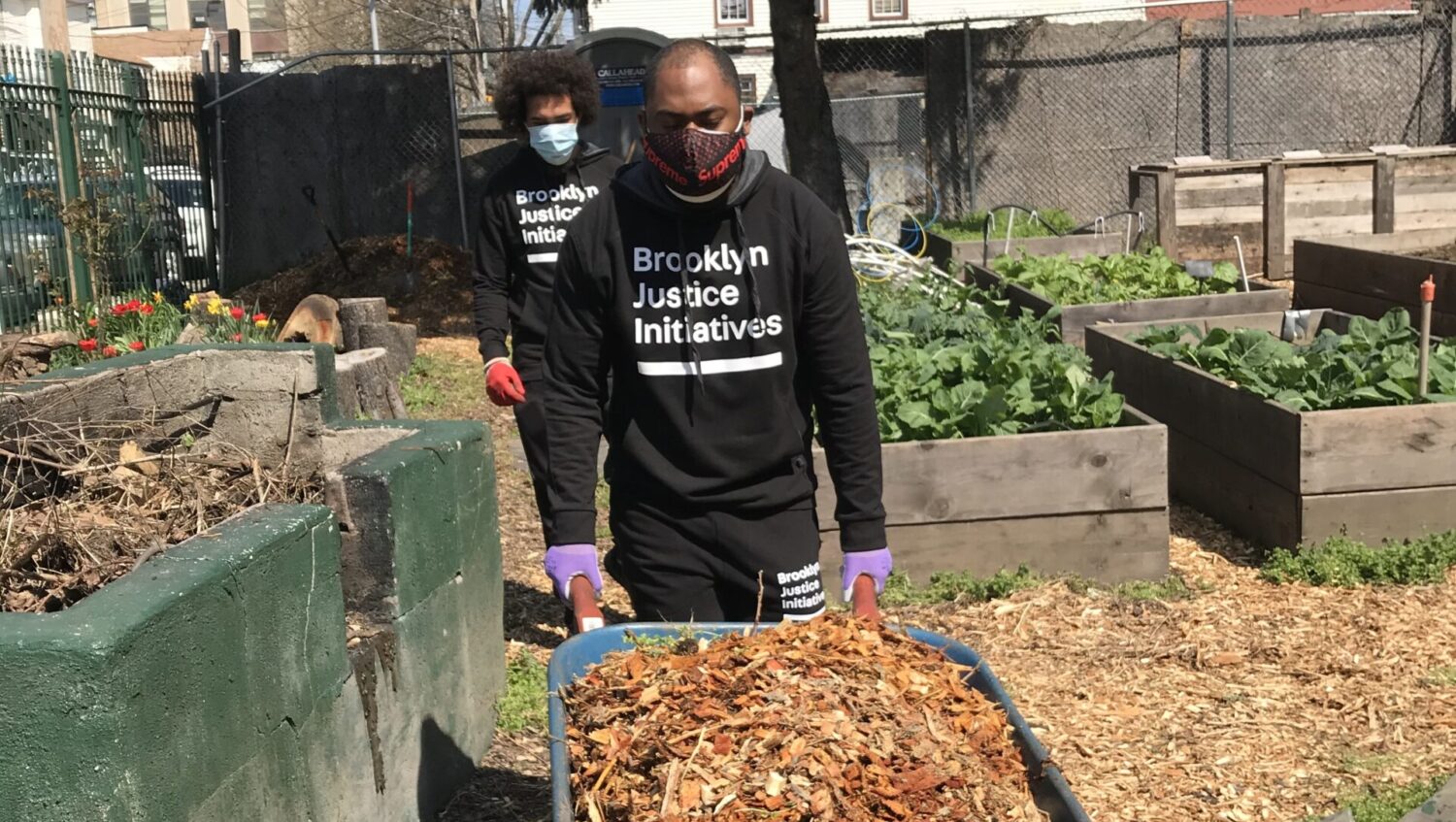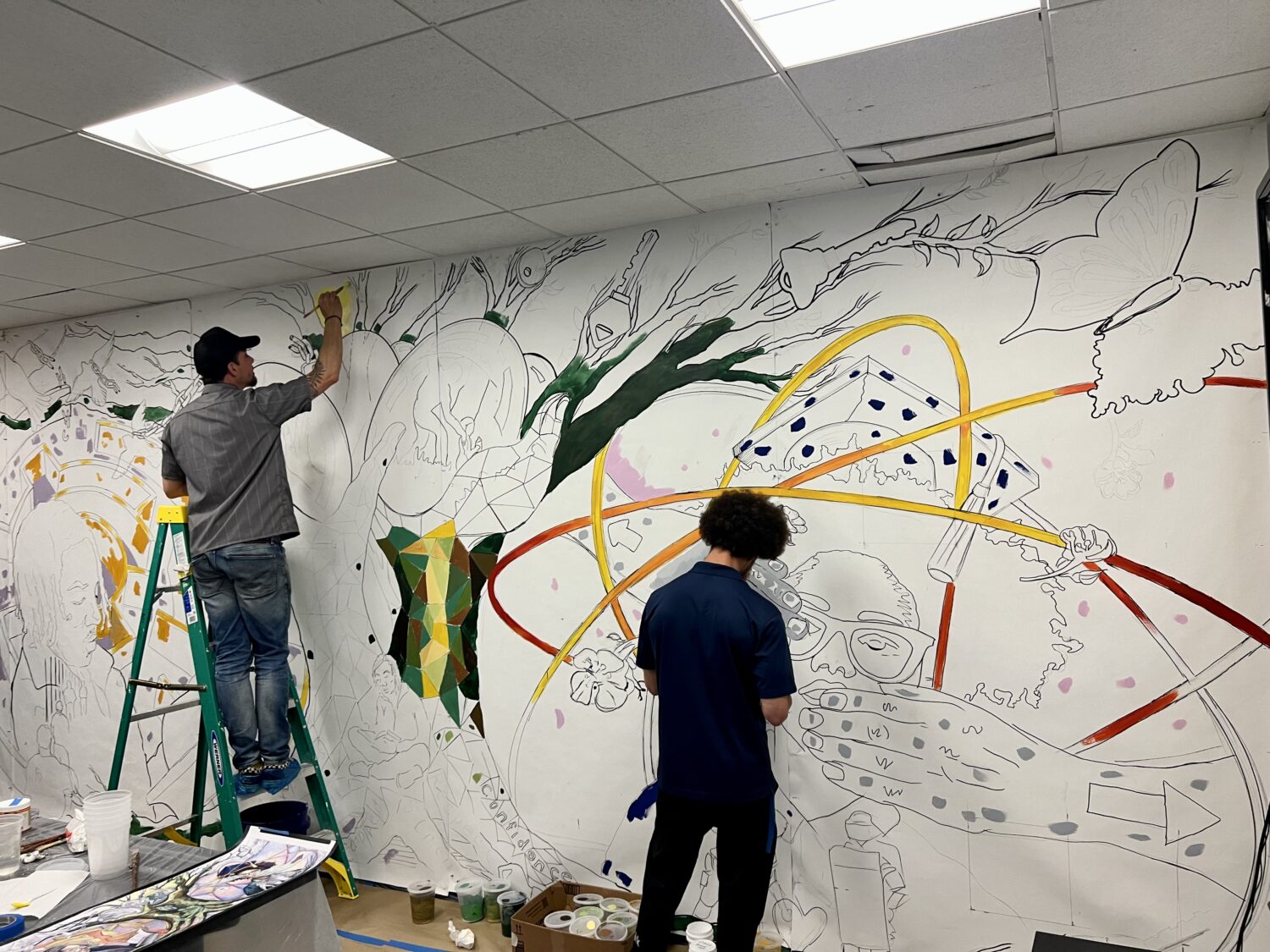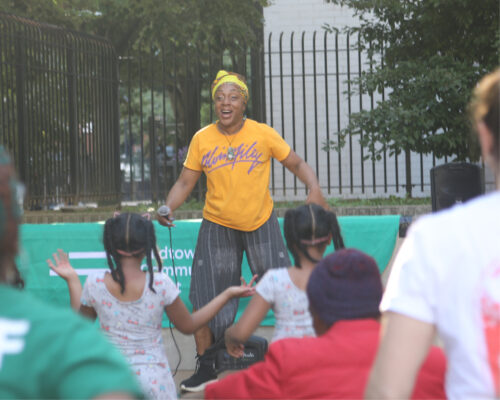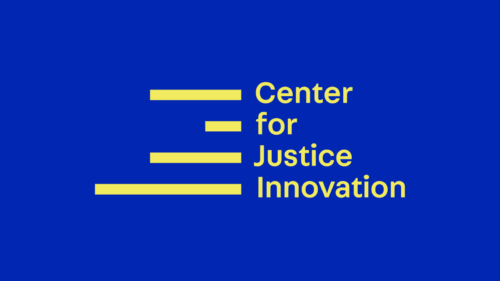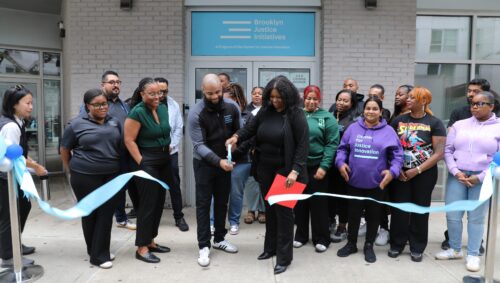Strengthening how the centralized criminal court in Brooklyn responds to misdemeanor and felony cases.
Brooklyn Justice Initiatives offers people an opportunity to change the direction of their lives.
By transforming the process of criminal court in Brooklyn, New York, the program helps people avoid the harmful effects of incarceration while connecting them to services for a variety of needs. It provides meaningful pathways out of the justice system, supervised release for people awaiting trial, and alternatives to typical sentences like prison.
It provides meaningful pathways out of the justice system, supervised release for people awaiting trial, and alternatives to typical sentences like prison.
“I would just like to thank Brooklyn Justice Initiatives for helping me so much, especially through the dark time I was experiencing. It shows how much NYC is changing when it comes to crime and punishment.”
– Response from a BJI Exit Survey
Operating out of Brooklyn Criminal Court on Schermerhorn Street, Brooklyn Justice Initiatives is staffed by a team of social workers, case managers, and court liaisons. We aim to use an arrest as a window of opportunity to change the direction of an individual’s life and prevent unnecessary incarceration.
My favorite part of this experience was just feeling comfortable enough to talk about everything instead of holding things in...it felt nice to talk to someone who also understood me.”
Beats & Bars: Hip Hop Therapy as an Alternative to Incarceration
As a part of a special Alternatives-to-Incarceration program in 2023, Brooklyn Justice Initiatives participants took part in a therapeutic beat-making and MC’ing workshop and combined their work to produce original music that spoke to their experiences, both individual and collective.

